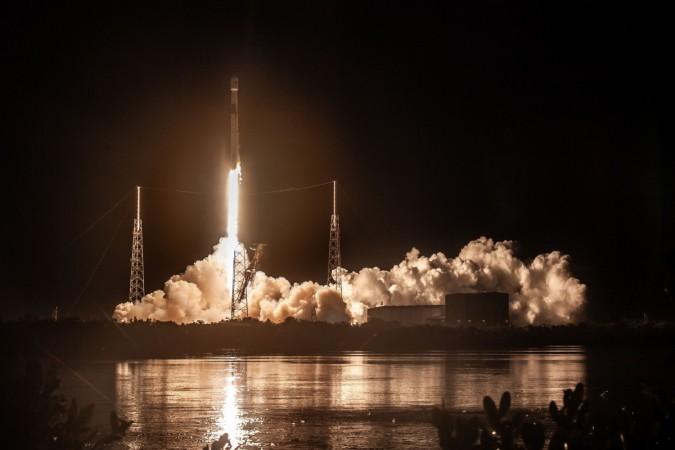
Elon Musk-led SpaceX is all set to blastoff of a Falcon 9 rocket carrying the first 60 satellites for his new Starlink internet service. The Starlink project is an ambitious project by the billionaire entrepreneur which plans provide the internet from space. The project is expected to be completed by 2027 and will consist which is nearly 12,000 satellites - six times the number of all operational spacecraft now in orbit. The objective is to blanket the Earth with high-speed, low-latency, and affordable internet access.
It is to be noted that the Billionaire Elon Musk's SpaceX postponed a planned Wednesday night launch due to excessive winds over the Florida launch site. The launch is now scheduled for 2.30 am GMT Friday, (8 am IST) from the Cape Canaveral Air Force Station, US. Just before the blastoff was postponed due to high-velocity winds, Musk praised the "fundamental goodness" of his ambitions to expand internet connectivity globally but he said that the success of the mission is far from guaranteed.

He further added that the SpaceX is expected to generate about $3 billion per year. With this Starlink becomes a critical element in generating cash for SpaceX which has highly ambitious plans to develop new spacecraft capable of flying paying customers to the moon and eventually trying to colonize Mars. Musk, who is also the chief executive officer of automaker Tesla Inc, also said, "We think this is a key stepping stone on the way towards establishing a self-sustaining city on Mars and a base on the moon."
Elon Musk is not the only entrepreneur who is planning to build data networks in space. SpaceX is facing a tough fight from Airbus SE-backed OneWeb which launched its own clutch of satellites in February. Moreover, LeoSat Enterprises and Canada's Telesat are also working to build data networks. The race to become the leading company in space race has resulted in Elon Musk taking radical steps, frustrated with the snail-paced development of Starlink satellites, he fired at least seven members of the program's senior management team at a campus in Redmond, Washington,
However, some of the communication experts have questioned the whole idea of providing fast internet through space. The problem traditionally has been that these services don't offer a way to upload data quickly due to latency rate in such communications.















